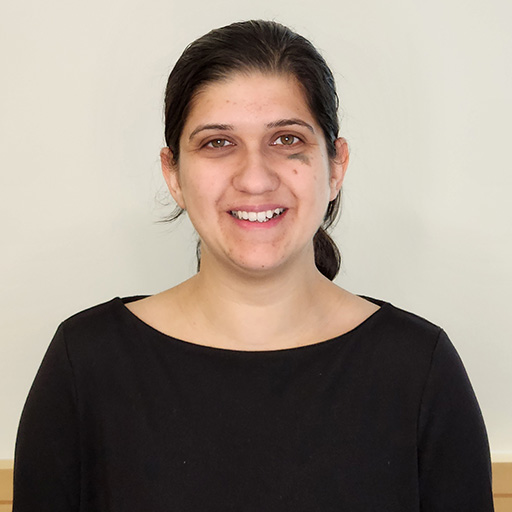Whole Exome Sequencing in Age-Related Macular Degeneration

Principal Investigator
Margaret Pericak-Vance, PhD
University of Miami Miller School of Medicine
Miami, FL, USA
About the Research Project
Program
Award Type
Standard
Award Amount
$100,000
Active Dates
July 01, 2011 - June 30, 2013
Grant ID
M2011078
Co-Principal Investigator(s)
William Scott, PhD, University of Miami Miller School of Medicine
Goals
Despite recent success in finding common genetic variations that influence the risk of developing AMD, many causes remain to be identified. One under-studied area is the role of rare genetic variation in determining the risk of developing AMD, and recent technological advances have enabled large-scale DNA sequencing efforts to find these rare variations. We seek to understand the role of rare genetic variations in determining risk for AMD by examining a set of individuals with advanced AMD but none of the known genetic risk factors and a set of individuals without AMD at an older age despite having one or more of the known genetic factors.
Summary
There are many genes that are linked to the risk of developing age‐related macular degeneration (AMD), but there is still room to discover more. In this proposed project, Drs. Margaret Pericak‐Vance, William Scott, and colleagues will study the DNA of two groups of people that should increase their chances of finding new risk genes. One group has advanced AMD despite not having any of the known risk variants in the genes associated with AMD risk (including CFH and ARMS2), and the other group doesn’t have AMD despite having known risk variants in these genes. These researchers will use new gene reading techniques to look at the “whole exome” or the DNA spelling of the most‐used books in a person’s genetic library. Cataloging the gene changes in both sets of people with AMD will lead to a better understanding of how this disease starts and give clues to future preventions and treatments.
Progress Updates
Dr. Pericak-Vance’s and Dr. Scott’s team has competed 100% of the experiments designed for year 1 of this project. Whole exome sequencing (WES) has been successfully completed for four Amish families with suspected inherited AMD (a total of 15 individuals) and for 40 individuals of Caucasian descent with “sporadic” AMD (where there are no other reported cases of AMD in their family) and control healthy individuals. Findings from the four Amish families were analyzed with bioinformatics computer programs, and had their sequences confirmed/validated through a second method. A total of 26 genetic changes or “rare variants” (17 novel and 9 known) were identified. In the future, these rare variants will be checked for their presence in the DNA from a larger group of individuals with AMD.
Related Grants
Macular Degeneration Research
Studying the Role of Genes & the Tone of Our Eye Pigment in AMD
Active Dates
July 01, 2025 - June 30, 2028

Principal Investigator
Ruchi Sharma, PhD
Current Organization
National Eye Institute
Macular Degeneration Research
The Role of Mitochondrial Dysfunction in Age-Related Macular Degeneration
Active Dates
July 01, 2023 - June 30, 2025

Principal Investigator
Navdeep Gogna, PhD
Current Organization
The Jackson Laboratory
Macular Degeneration Research
Gene Regulation of RPE Maintenance
Active Dates
July 01, 2022 - June 30, 2026

Principal Investigator
Lev Prasov, MD, PhD
Current Organization
University of Michigan




